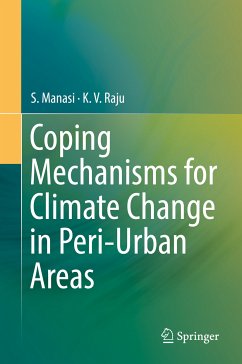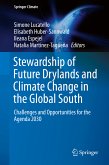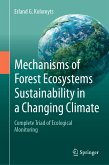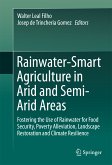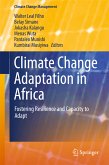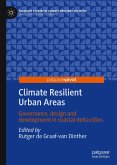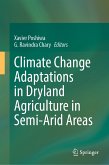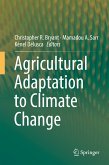This book discusses the dynamics and resource management qualities of the peri-urban interface to address climate change consequences, focusing on the peri-urban region of the global city of Bengalaru. In 5 chapters, the authors document the unique challenges experienced in peri-urban areas, including soil-water vegetation dynamics, local and regional impacts on water bodies (surface and groundwater), food production issues, and the inhibited adaptive capacity of local communities. The book also provides knowledge on implementations of environmental management by local institutions, government interventions that have acted as catalysts in promoting community based adaptation strategies, and the physical, social and economic aspects of rural-urban dynamics.
The book not only adds to the scarce existing literature on peri-urban contexts, but also addresses the role of culture in protecting ecological landscapes and how traditions play an important role in coping withclimate change. Furthermore, the authors expand on these climate change coping mechanisms in peri-urban areas, taking into account local cultural factors and interesting governance interventions in the context of health. The book will be of interest to planners, policy makers, and students and researchers engaged in rural-urban dynamics and climate change adaptation.
The book not only adds to the scarce existing literature on peri-urban contexts, but also addresses the role of culture in protecting ecological landscapes and how traditions play an important role in coping withclimate change. Furthermore, the authors expand on these climate change coping mechanisms in peri-urban areas, taking into account local cultural factors and interesting governance interventions in the context of health. The book will be of interest to planners, policy makers, and students and researchers engaged in rural-urban dynamics and climate change adaptation.
Dieser Download kann aus rechtlichen Gründen nur mit Rechnungsadresse in A, B, BG, CY, CZ, D, DK, EW, E, FIN, F, GR, HR, H, IRL, I, LT, L, LR, M, NL, PL, P, R, S, SLO, SK ausgeliefert werden.

